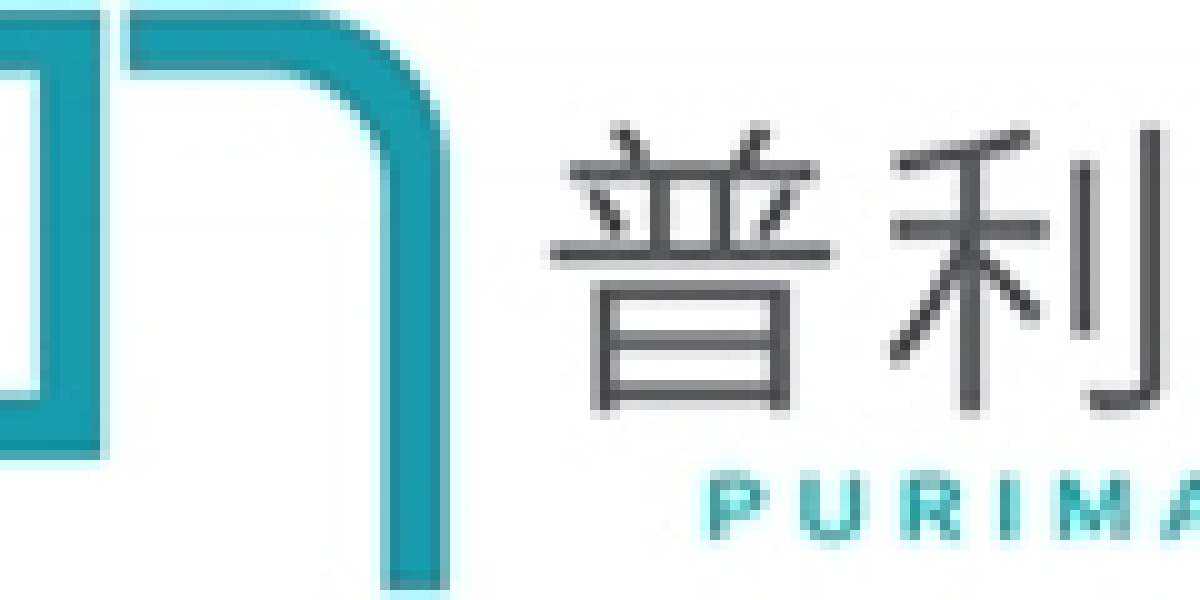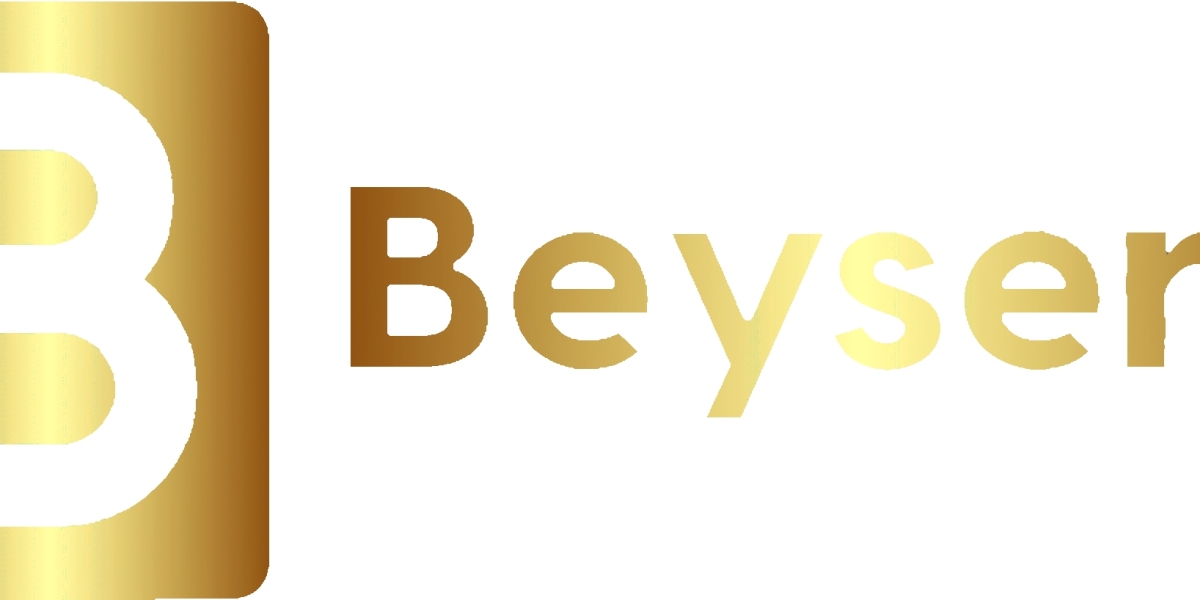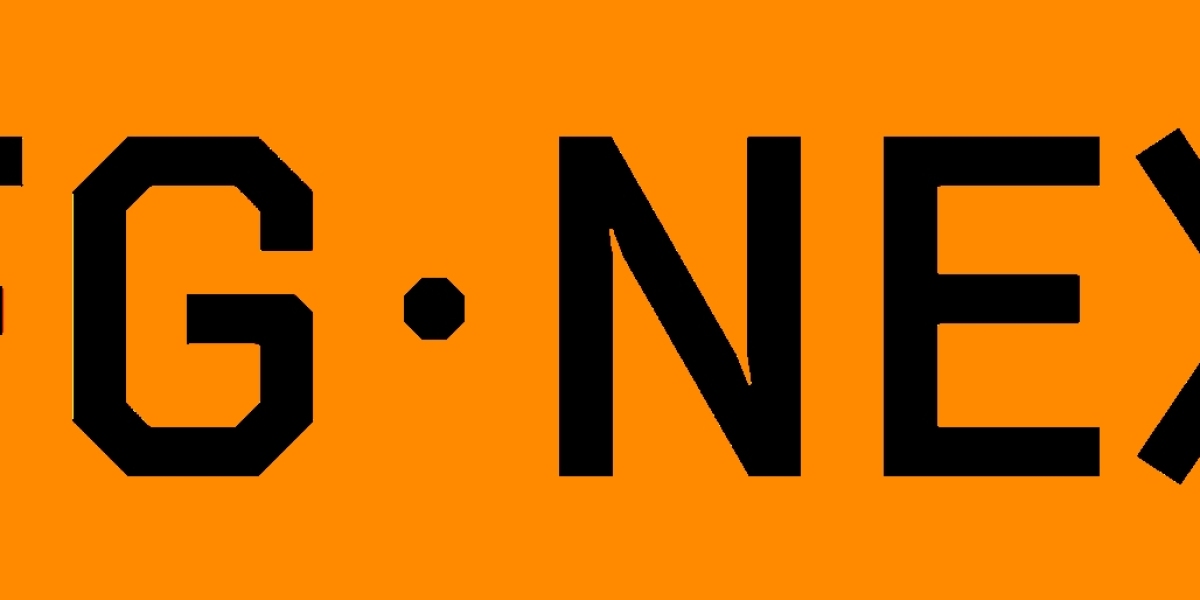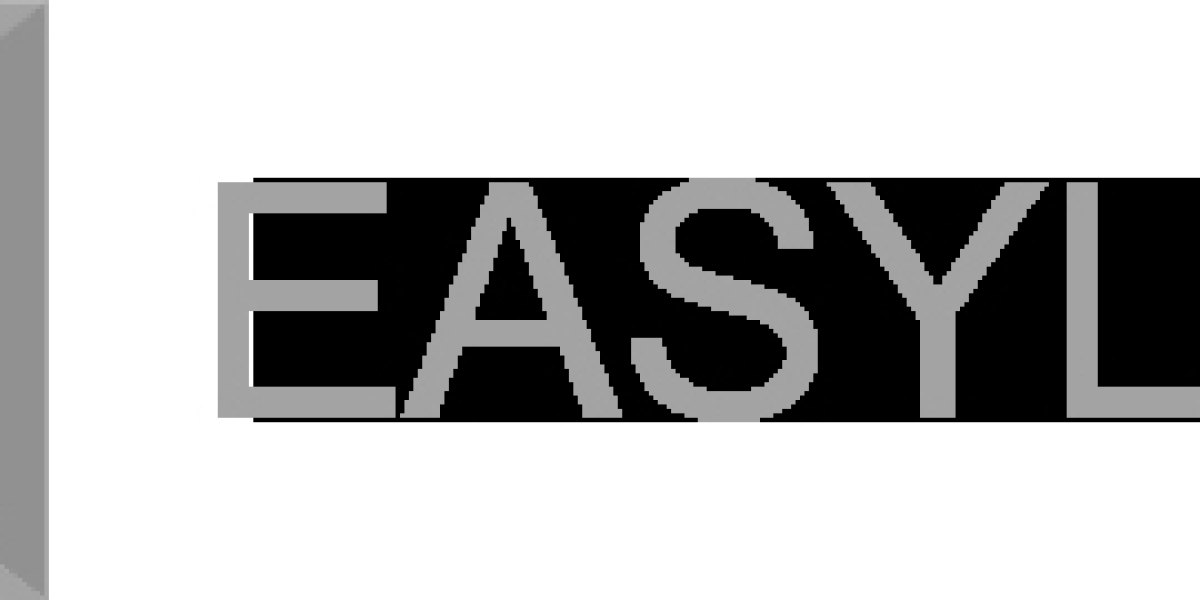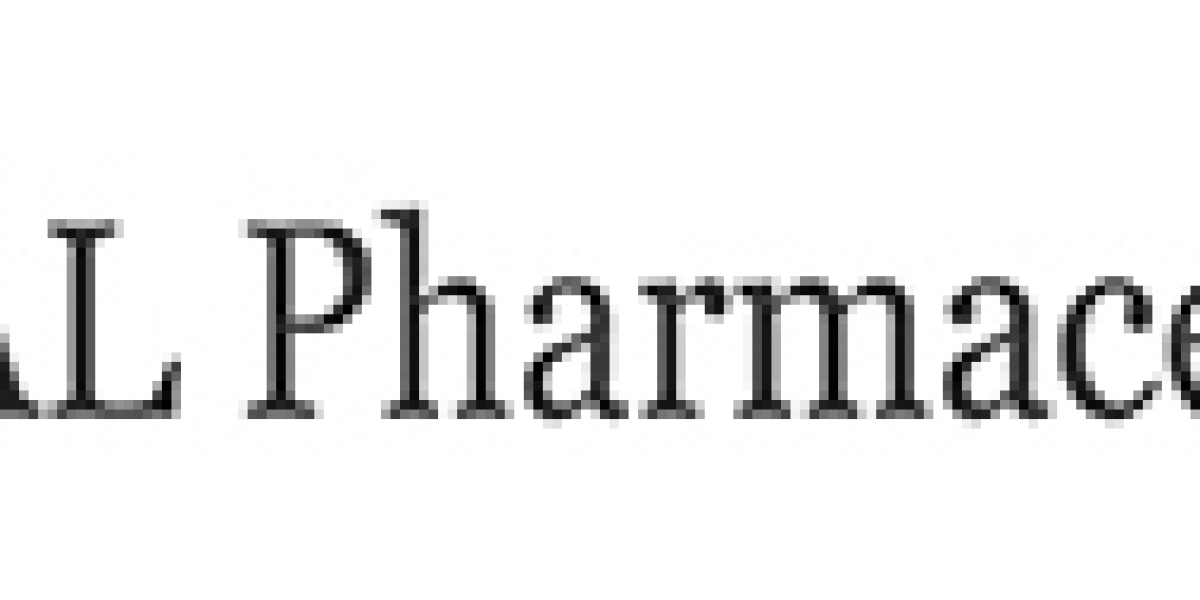Air pollution is a significant global concern, and it requires effective control measures to protect our planet and its inhabitants. Fortunately, there are various types of air pollution control equipment available that can help reduce emissions and improve air quality.
One common type of equipment is the particulate matter (PM) control device. This equipment captures and removes solid particles from industrial exhaust gases before they are released into the atmosphere. These devices can include electrostatic precipitators, fabric filters, cyclones, or wet scrubbers.
Another essential category of air pollution control equipment is the gas pollutant removal system. This technology focuses on removing harmful gases such as sulfur dioxide (SO2), nitrogen oxides (NOx), carbon monoxide (CO), and volatile organic compounds (VOCs). Common examples of gas pollutant removal systems include catalytic converters, flue gas desulfurization units, selective catalytic reduction systems, and activated carbon adsorption beds.
In addition to PM and gas pollutants, odor control technologies play a crucial role in maintaining clean air quality. Odor-control units utilize filters or chemical processes to neutralize or eliminate unpleasant odors emitted from industrial sources like wastewater treatment plants or manufacturing facilities.
Noise pollution resulting from industrial operations also poses environmental challenges. To address this issue effectively, noise abatement measures employ methods such as sound barriers or mufflers to minimize noise levels generated by machinery or transportation activities.
Each type of air pollution control equipment operates using distinct mechanisms tailored to specific pollutants' characteristics. For example, fabric filters trap solid particles through porous bags made of high-efficiency filter media while allowing clean gas to pass through unobstructed.
The benefits provided by these various types of air pollution control equipment are significant; however, each comes with certain limitations too. Some systems may have higher installation costs compared to others due to their complexity or size requirements. Additionally, maintenance needs should be considered when choosing the most suitable equipment for specific industrial processes.
https://www.plm-environmental.com/essential-guide-to-air-pollution-control-equipment.html
Air Pollution Control Equipment https://www.plm-environmental.com/RTO-regenerative-oxidation.html
